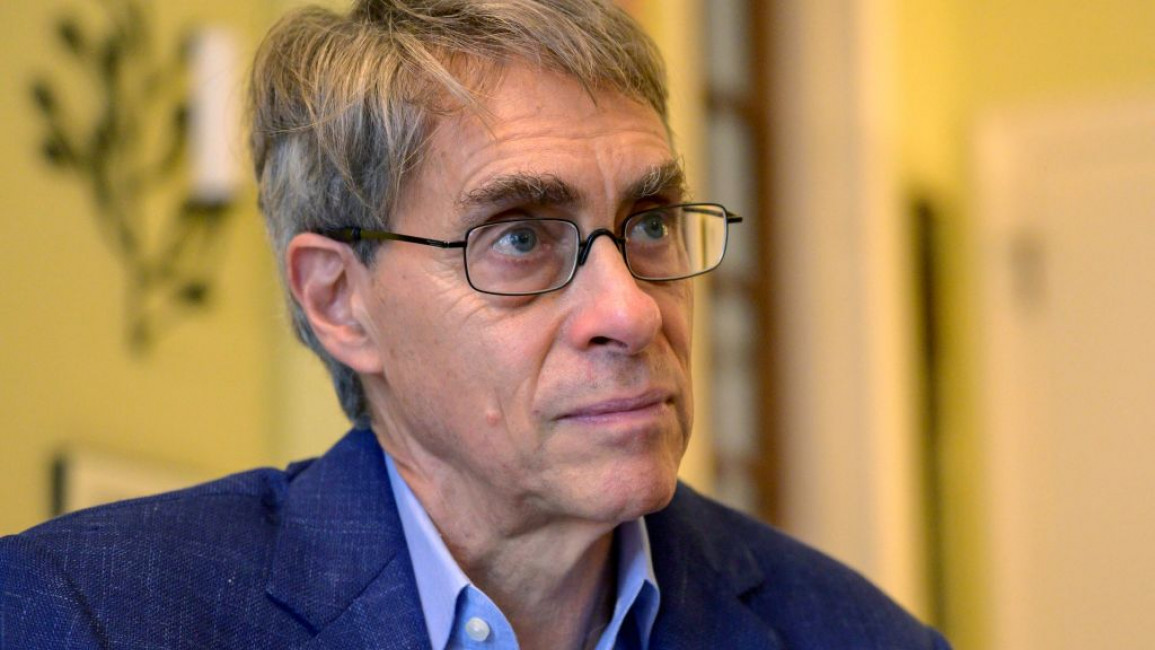Harvard reverses block on former HRW head Kenneth Roth's fellowship over 'anti-Israel bias'
Harvard University has reversed its decision to block the fellowship of Kenneth Roth, the former head of Human Rights Watch (HRW), over his alleged "anti-Israel bias".
The US university has come under huge criticism for blocking Roth's appointment to the post of human rights expert at the Harvard Kennedy Center, after donors allegedly raised concerns over his past criticism of Israel.
There was massive outcry to the move, with claims that Harvard was curtailing academic freedoms and that Roth's criticisms of Israel were neither extreme nor unwarranted.
Douglas Elmendorf, dean of the Harvard Kennedy School, admitted he had "made an error" in blocking the appointment and was now ready to "extend an offer to Mr. Roth to serve as a fellow".
"I am sorry that the decision inadvertently cast doubt on the mission of the school and our commitment to open debate in ways I had not intended and do not believe to be true," Elmendorf wrote in the statement, seen by AFP.
Roth responded to the statement from Elmendorf, welcoming the move.
"I am thrilled that Harvard Kennedy School Dean Douglas Elmendorf has rescinded his decision to block the fellowship for me by the Carr Center for Human Rights Policy," he wrote on Twitter:
"I have long felt that the Carr Center, and the Kennedy School, would be a congenial place for me to work on the book that I am writing. I look forward to spending time with colleagues and students."
Roth had been recruited to join the Harvard Kennedy School's Carr Center for Human Rights Policy as a fellow, an offer he accepted.
Weeks later, in July, he said the univeristy told him that Elmendorf had blocked the appointment.
Roth said he wasn't given a reason for the move but believed it was due to his and HRW's criticism of Israel during his tenure.
Roth wants Elmendorf to reveal the identities of those who reportedly convinced him not to rescind the fellowship, an issue he believes remains unaddressed.
"Full transparency is key to ensuring that such influence is not exerted in other cases," he said
He also expressed concern over limits to academic freedom for those who do not have his level of recognition, saying he doesn't want to be the exception.
"The problem of people penalized for criticizing Israel is not limited to me," he wrote. "How is the Kennedy School, and Harvard, going to ensure that this episode conveys a renewed commitment to academic freedom rather than just exceptional treatment for one well-known individual?"
Wires contributed to this piece



